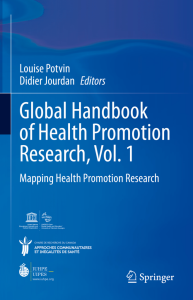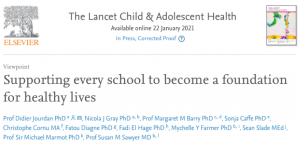The 22nd International Association for Adolescent Health (IAAH) European Regional Conference “Youth Development Challenges in the post-COVID-19 era” will be held in Athens, Greece on October 5th-7th, 2022. It is locally organized by the Greek/Hellenic Society for Adolescent Medicine (GSAM) and mainly focuses on youth development during and after the COVID-19 pandemic.
Topics
The impact of COVID-19 pandemic on youth physical and mental health, education, development and overall well-being may raise dilemmas in the management and the control of immediate or long-term consequences. Action through multidisciplinary approaches is required and knowledge of physical and psychosocial aspects, as well as possible aetiological factors, burden of co-morbidities, prevention and treatment options, as well as counselling and support strategies are prerequisites for every effort of controlling the situation and will constitute the main core of the scientific programme. Formal and non-formal education, youth-friendly services and safe digital spaces that help young people make healthier choices and develop healthy relationships, are also a topic of great interest in this conference.
An update on other important Adolescent Medicine topics, such as nutrition, vaccination, skin conditions, contraception, sports medicine, etc. will be presented.
Participants
Medical doctors of different specialties, other health professionals and specialists e.g., psychologists, social workers, educators, dieticians, physical fitness experts, etc. are welcome to participate and contribute to the works of the IAAH conference by exchanging experience and expertise, as well as difficulties encountered in different countries.
Format of the conference
Interactive workshops, symposia, round tables will take place and experts will present key topics in plenary sessions. Oral and poster presentations will highlight novel research ideas. Youth participation during the conference will enrich discussions and debates.
The deadline for the submission of abstracts is on June 10th, 2022.
For abstract submission and more information please see the conference website.





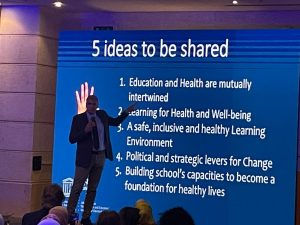


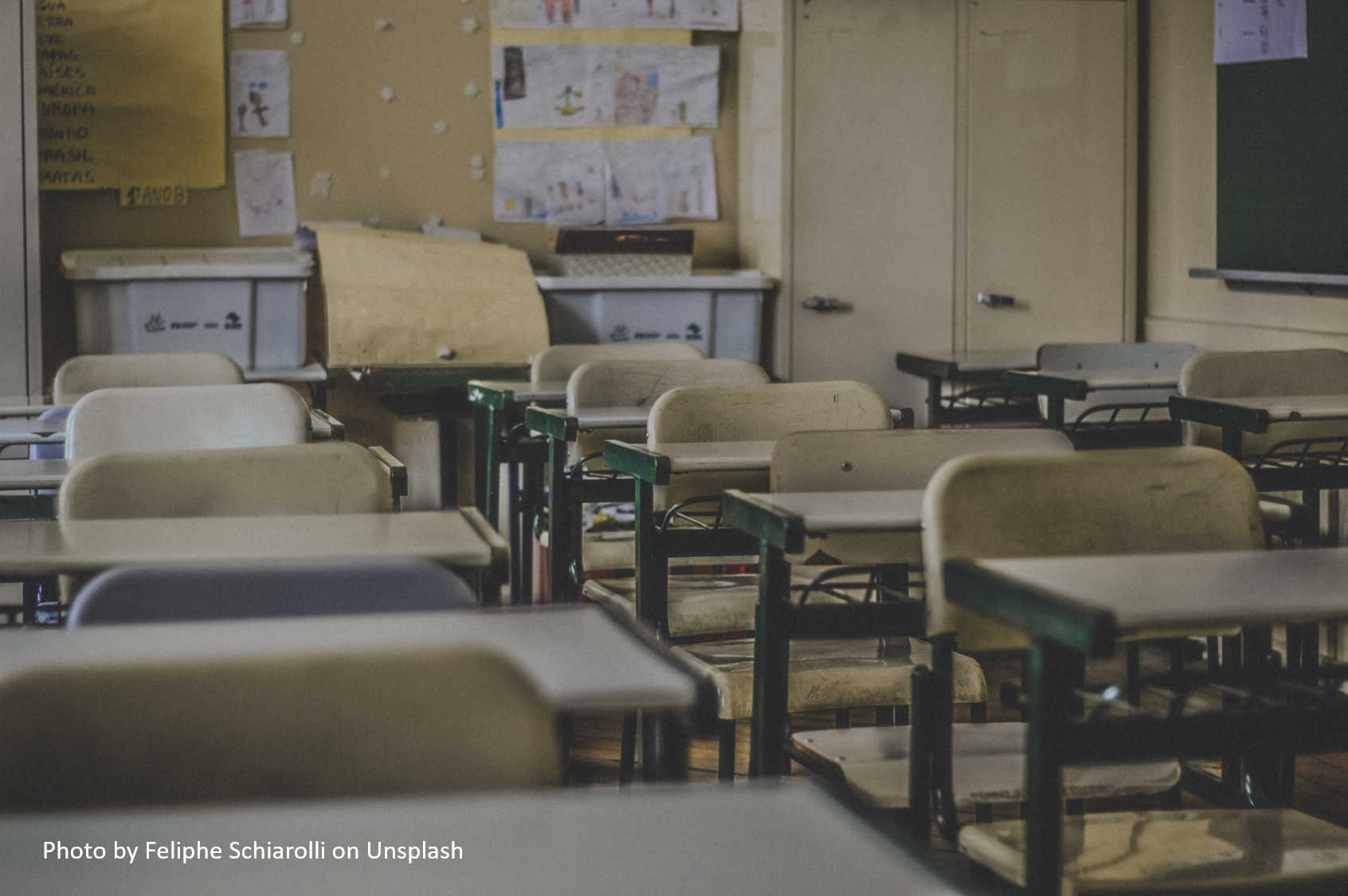






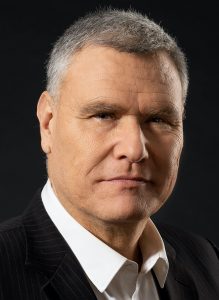 About Didier Jourdan
About Didier Jourdan